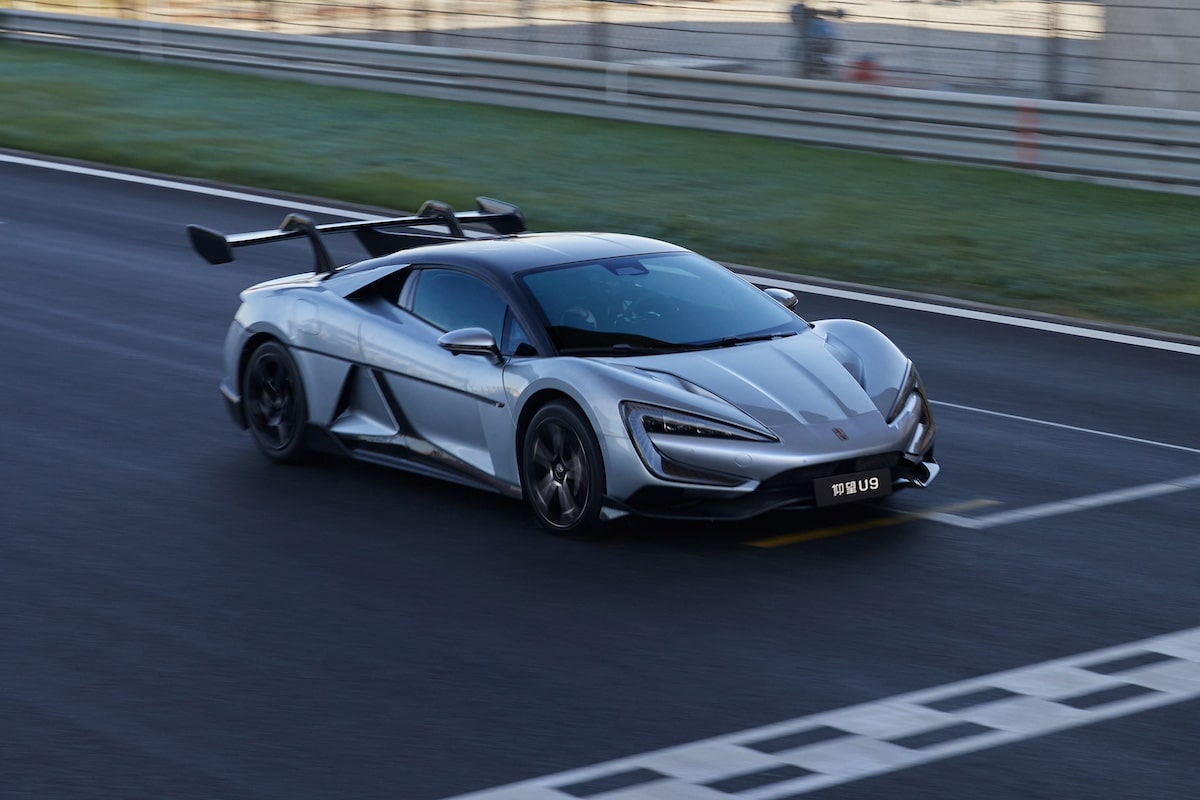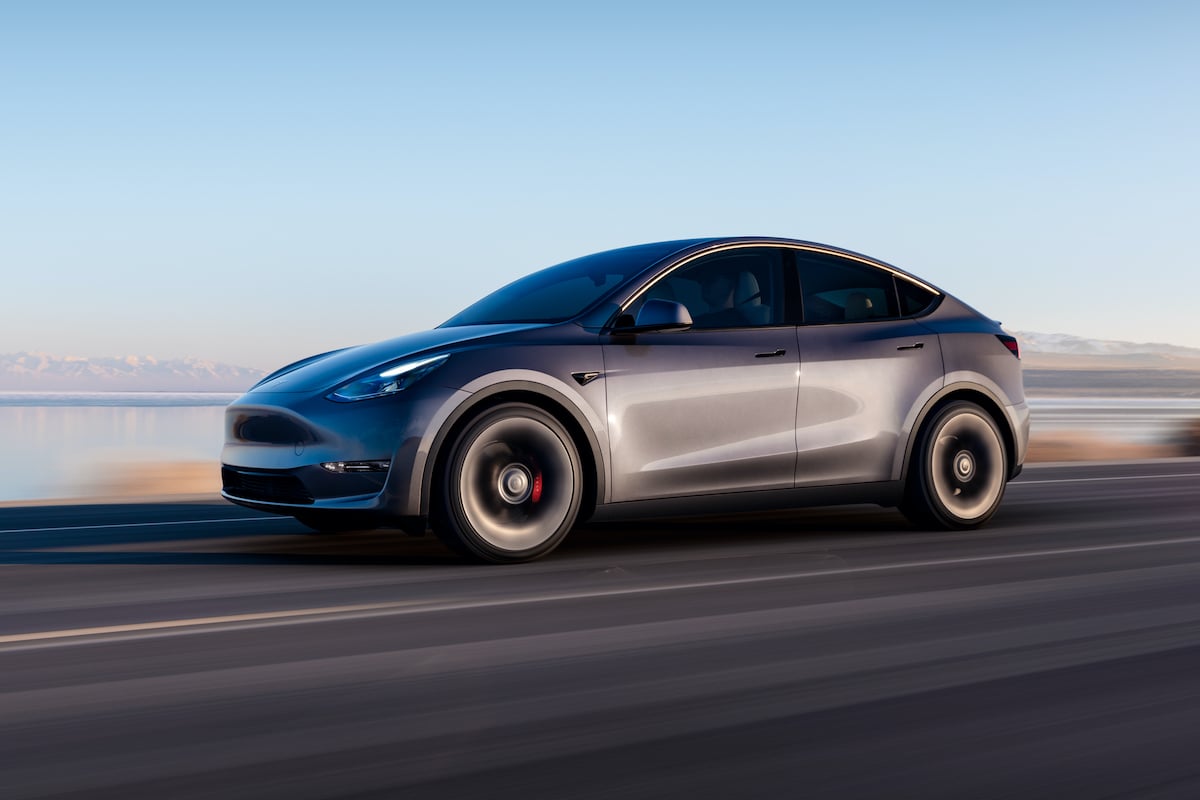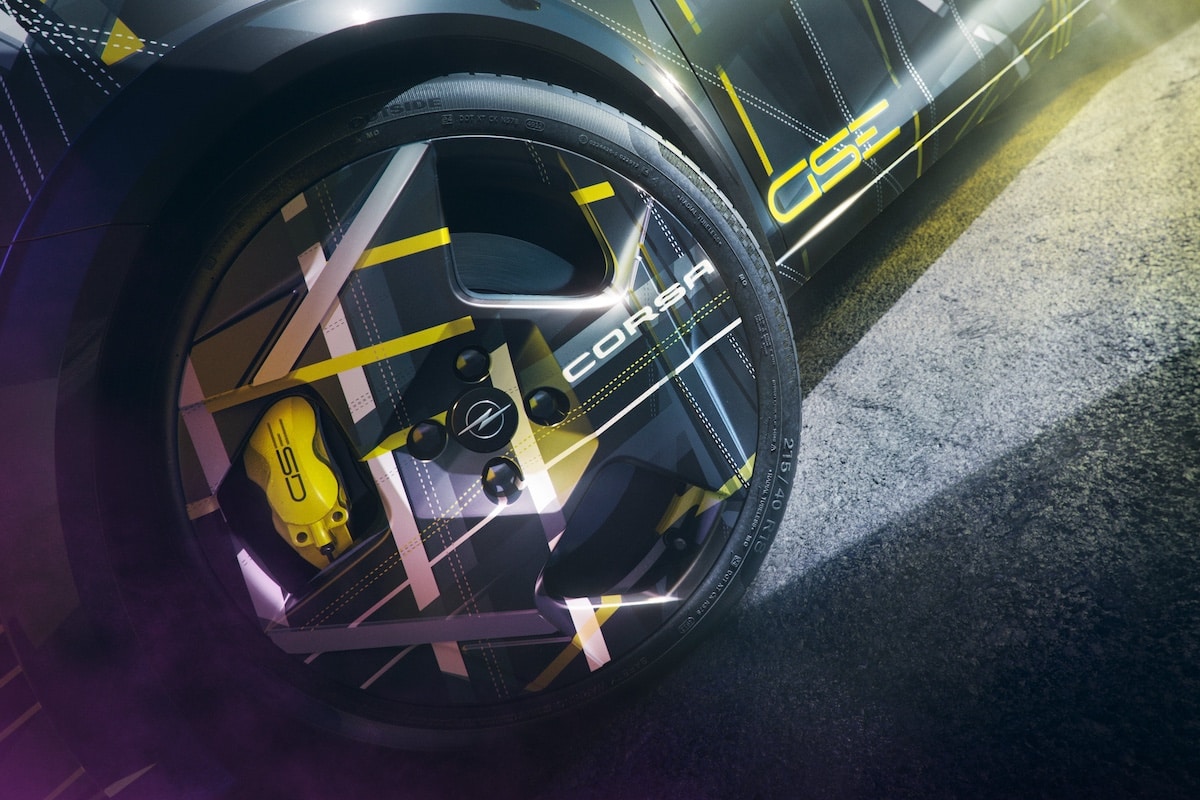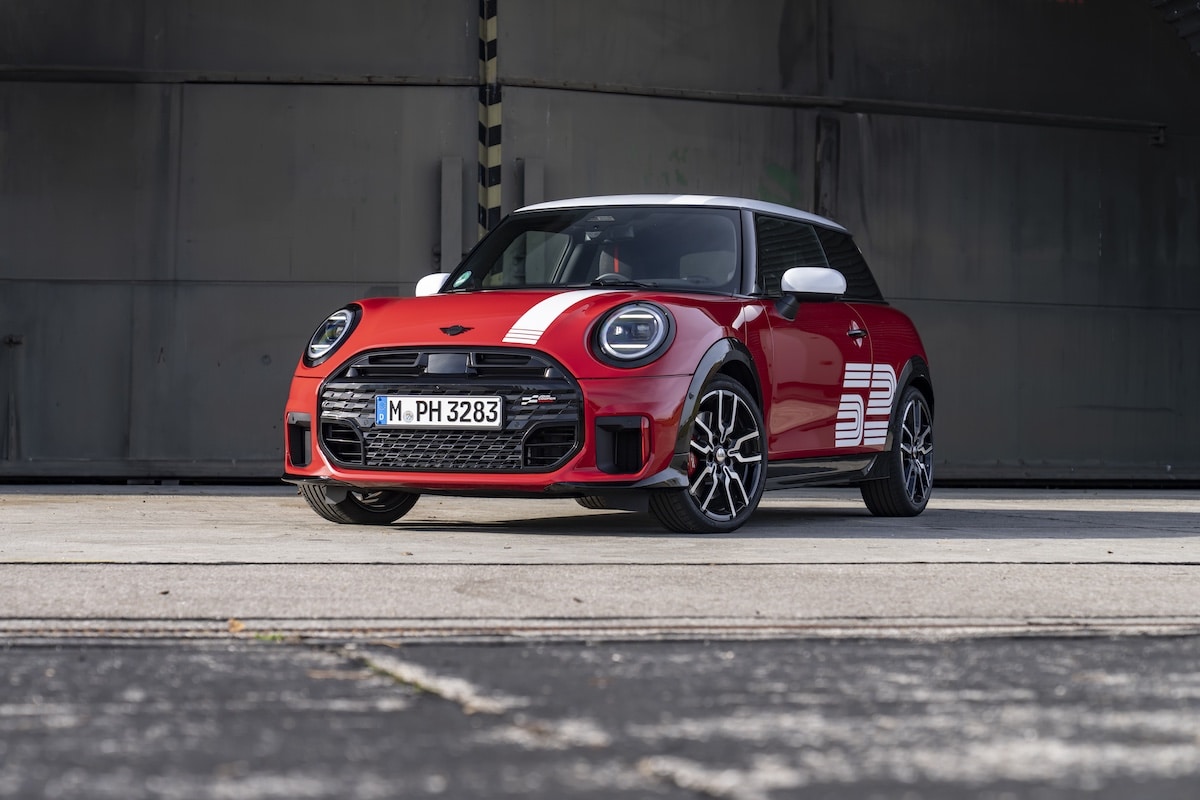Should electric cars be limited?

China is seriously considering imposing a limit on the acceleration of electric and plug-in hybrid cars.
According to a draft published by the Ministry of Public Security, all type-approved electric vehicles could now be restricted so that acceleration from 0 to 100 km/h takes at least five seconds. The stated aim is to reduce the number of accidents linked to powerful vehicles, which are often difficult for unprepared drivers to control.
This measure does not mean that cars will no longer be able to achieve blistering performance. It simply requires that maximum performance not be enabled by default. Manufacturers could still offer a sporty or boosted mode, but it would only be accessible after a period of acclimatisation to the vehicle’s power. The goal is to prevent surprises caused by the instantaneous torque of electric models, which far exceeds what the general public has experienced until now.
Ultra-accessible race cars
Chinese models like the Xiaomi SU7 Ultra, the BYD Yangwang U9 or some Zeekr cars reach 100 km/h in under two seconds — performances once reserved for a handful of hypercars. Tesla is not far behind with its Plaid and Performance ranges, which manage just over 2 seconds in this standing-start exercise. The result: an increase in accidents due to loss of control or misjudging the vehicle’s power. Enough to justify regulatory intervention for public safety.
The text goes beyond a simple acceleration cap. It provides for measures to prevent pedal errors, automatic shutdown of electrical circuits in the event of a collision, clear alerts in case of battery issues and strengthened protections against thermal risks. Driver assistance systems will have to verify driver attention, while distractions on the central screen will be limited above 10 km/h. Doors and windows must allow rapid evacuation in an emergency.
You might be interestedin this article:
This public consultation, open until January 10, 2026, reopens a universal debate: should electric vehicles be limited to protect drivers, or are education and individual responsibility sufficient? In a context where extreme performance is becoming accessible to everyone, the line between driving pleasure and road safety is thinner than ever.
ALSO READ: Xiaomi SU7 Ultra Nürburgring: to the point of excess… of irresponsibility?
This page is translated from the original post "Faut-il brider les voitures électriques ?" in French.
We also suggestthese articles:
Also read





